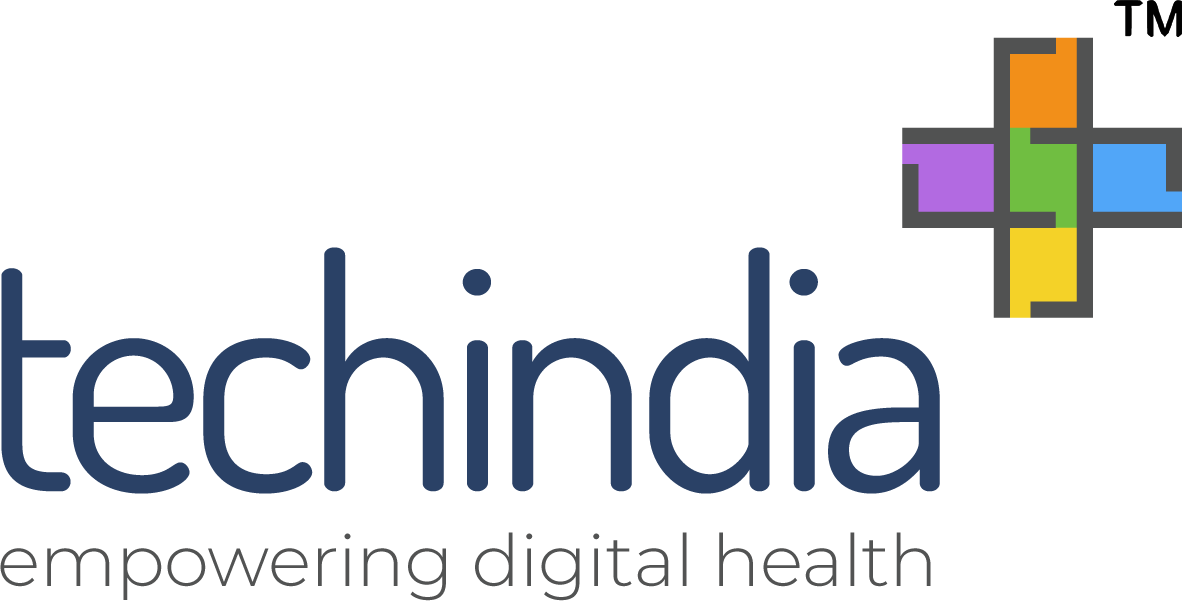- Posted: 09 Jul 2016
- Category: myblog
Big Data: A Big Step Forward in Healthcare
We’ve been living in a digitized society for over a decade now. Everything we do is read, filtered and stored for posterity. Healthcare like every other industry has experienced this progress—whether pharmaceutical companies, hospitals, diagnostic centers or care homes, digitized medical records have been collected and stored in electronic databases over the years and have now been made easier to find, use and action as needed for the entire healthcare community.
Organizations now have insight into promising information/knowledge that was earlier not available to them. This existing big data can help find new treatment methods for specific conditions; solve the mystery of possible side effects, suddenly occurring symptoms, re-admissions, irritations, etc. The benefits as we know are plenty: improved patient care, reduced wait times, increased diagnostic speed, and higher patient satisfaction. The recent advent of new technologies has further improved the industry’s ability to work with this diverse, complex data.
Several innovative companies (both new and existing) are busy designing progressive applications and tools that will help healthcare stakeholders identify opportunities, ease concerns, and receive/give all-round care. According to a report published by McKinsey & Company, over 200 businesses created since 2010 are developing a diverse set of innovative tools to make better use of available healthcare information. This is just the beginning, as more and more innovative ideas get created and actioned, we can anticipate the birth of newer technologies that will reduce increasing healthcare costs, intensify security and protect patient privacy, complying with all Health Insurance Portability and Accountability Act (HIPAA) patient-confidentiality standards.
Governments globally are working towards making healthcare data (i.e., public data on patients, clinical trials, health insurance, medical advances, etc.) more transparent and accessible. For example: The 2009 American Open Government Directive along with the Department of Health and Human Services (HHS) under the Health Data Initiative (HDI), are starting to liberate data from agencies like the Centers for Medicare and Medicaid Services (CMS), the Food and Drug Administration (FDA), and the Centers for Disease Control (CDC) [Source: McKinsey & Company].
This new knowledge is creating a whole new mind-set. Patients, who once just followed Doctor’s orders, now take on a more intimate role in their treatment and decision-making. They have access to highly qualified professionals from across the world and can make lifestyle choices that can help them nullify their condition and/or prevent any further occurrences. Doctors can make real-time, evidence-based diagnosis, enabling quicker action and recovery.
Then there is predictive/prescriptive analytics and Genomics, where big data plays a very radical role. For example: When a patient comes to The ER with chest pain, the doctor’s often find it difficult to decide whether the patient needs to be admitted or can be sent home safely. With predictive algorithms, the patient’s saved history will aid the doctor’s judgment.
Here’s another example: It is likely that a patient’s medical records saved overtime, could on an ordinary visit to the hospital enable the doctor to spot a gene marker indicating Alzheimer’s. At one time, gene sequencing was an art known to a few experts, but with big data it would become as common as a regular blood test. This can help the doctor prescribe the right exercise, nutrition, medication, etc. in advance helping delay the symptoms or completely cure the disease.
Big Data is the future of healthcare. It will revolutionize medicine and increase life expectancy. Healthcare organizations that are open to new ideas; willing to ramp up their capabilities and treat innovation as the foundation of their brand, will be the ones progressing towards a better tomorrow, both for the caregivers as well as the patients.
Recent Post

We're helping some of the most respected names in healthcare deliver measurably better outcomes. Let us show you what personally Human & AI integrated solution can do for your organization. While filling the form, please fill in the information more specifically that you are looking for.
Thank you for your query! We will get back to you shortly!!

